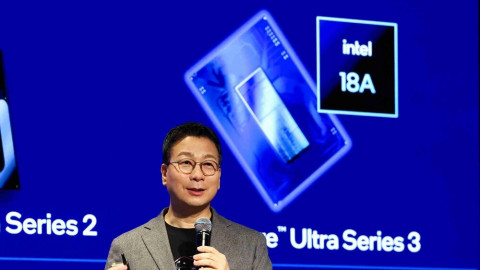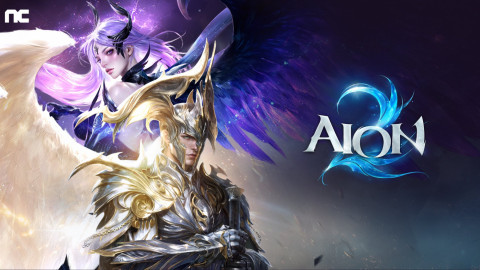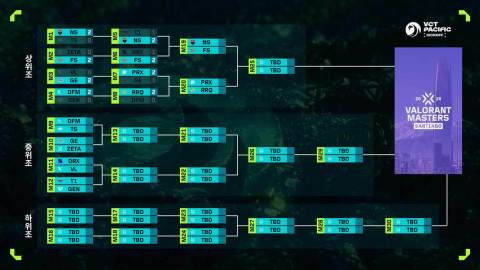
Many consider gaming a source of escapism from reality and a coping mechanism in today’s stressful life. Given the hobby’s popularity, gaming is ever-evolving. The recent popularity of NFTs and cryptocurrency has also significantly impacted the world of gaming. Cryptocurrency has now introduced commerce into the gaming industry, enabling you to make a living from this hobby.
Traditionally in-game items were owned by the companies that created the game. Now, blockchain technologies like NFTs (non-fungible tokens) can allow you to hold your in-game articles, like virtual plots of land, weapons, or clothing. Cryptonative gamers can track the ranking and popularity of these play-to-earn or P2E games for better insights into this industry. To learn more about the hype surrounding P2E gaming, continue reading this article.
How Does P2E Gaming Work
P2E gaming allows you to get NFT and other currency rewards with real-world value. In-game items can be sold or exchanged for real currency. Knowing about tools like crypto wallets, blockchain tokens, and smart contracts is essential to understand how to use blockchain technology to make a living through gaming.
⦁ Crypto Wallets
Crypto wallets are like an entry pass for crypto-native gamers. Unlike traditional gaming, where you must create separate login ID accounts for different games, you only need one crypto wallet to access all blockchain games.
A crypto wallet does not store your cryptocurrency; instead, it keeps your private keys (the passwords to access your cryptocurrency) safe and accessible. If you lose your keys, you cannot access your digital holdings because they prove ownership of your currency.
Crypto wallets have a lot of convenient forms, from mobile apps like Coinbase to hardware wallets like Ledger, which come in a physical form like a USB stick. These wallets allow you to send, receive, and transact with cryptocurrency.
⦁ Blockchain Tokens
Simply put, blockchain tokens represent your blockchain assets like an NFT. Blockchain tokens are the equivalent of digital currency in traditional video games. In traditional games, only game publishers can distribute and decide what a gamer can do with the digital currency, but in P2E games, you own your in-game items. You can sell, trade, or buy things with it without the game developer’s permission.
⦁ Smart Contracts
Smart contracts are protocols to manage and protect the digital transaction. This decentralized system means only the two authorized parties can make a safe transaction without interruption from intermediates. Smart contracts automatically implement the rules and penalties associated with an agreement and are a faster, cheaper, and safer transaction than the traditional method. They help in the creation and movement of in-game items and currencies.
Drawbacks of P2E Blockchain Gaming
While there are many advantages gamers can reap from these play-to-earn games, like giving players better autonomy over their in-game assets and reducing the risk of scams by making transactions safer, there are some drawbacks to these finance-oriented games. There is a potential for real-world money laundering by converting them into virtual in-game assets.
The biggest drawback of the P2E gaming model is the entry barrier that requires you to buy NFTs before you can start playing. These games may be technically inaccessible to many users because of their high complexity, such as setting up crypto wallets. Many popular games do not let you progress unless you keep spending which may be inconvenient for many users.
Endnote
Blockchain technology has introduced a new era in the gaming industry with P2E gaming. You can now earn along as you progress through your favorite games. With its decentralized and safer gaming system, this technology provides gamers with an immersive and facilitated experience. P2E games will likely soar in popularity in the times to come.
-
 Guest Reporter
Guest Reporter
Sort by:
Comments :0





